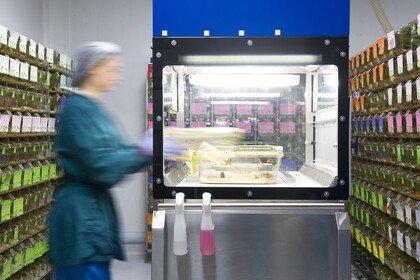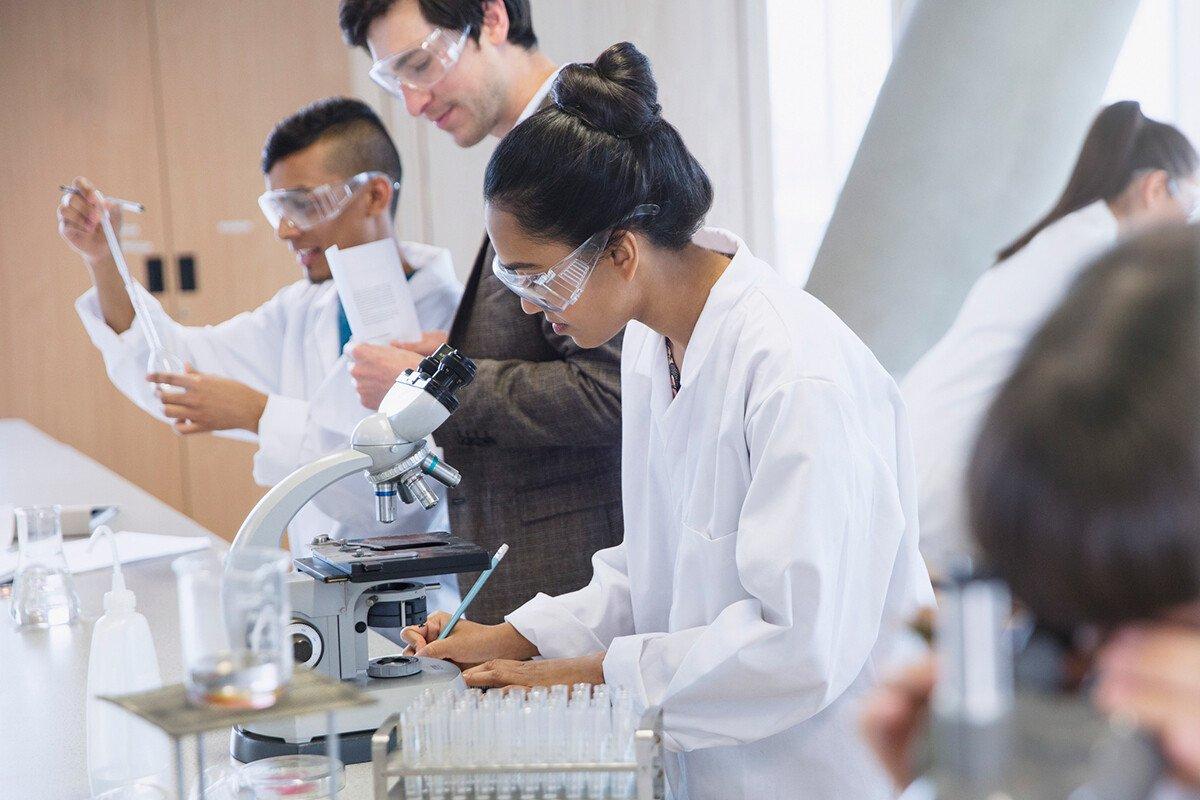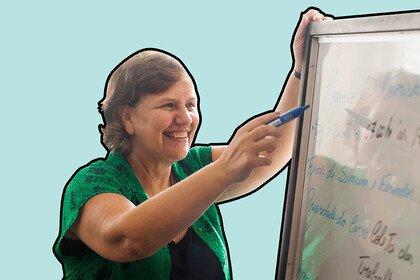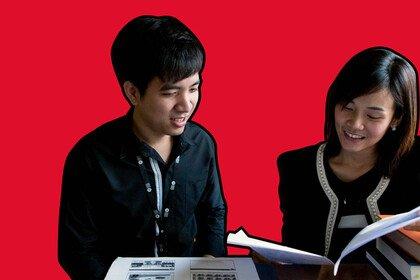
How we can give a more diverse group of undergraduates hands-on research experience
We’re changing how we award Biomedical Vacation Scholarships, so that more students from underrepresented groups can gain scientific research experience.

There’s enough data to show that ethnicity and socio-economic status are factors that affect students' access to postgraduate research, and a career in science. It means that people from disadvantaged backgrounds and certain minority ethnic groups are underrepresented at top-ranked universities, and in the UK research workforce.
As a long-standing funder of student placements across the UK and Ireland, we want to play our part in addressing this gap and broadening the diversity of the people we fund.
We believe there’s an opportunity to do this through our Biomedical Vacation Scholarships (BVS). The scholarships provide undergraduates with experience of research during the summer holidays, with the aim of encouraging them to consider a career in research.
Our new approach
From 2020, we will stop awarding scholarships directly to individuals. Instead, we will provide ring-fenced funding to institutions that have:
- been awarded our new Four-year PhD Programmes in Science
- committed to supporting a positive research culture.
The institutions will offer the scholarships to students in line with local priorities for widening participation to higher education.
We’ve made this change because institutions are best placed to understand the gaps in research training opportunities in their specific area, and will know how to tailor support to the needs of their students.
The scholarships will continue to be open to undergraduates studying relevant subjects including biomedical science, medicine, veterinary medicine, dentistry and psychology.
How we’ll work with institutions
We will encourage institutions that are awarded BVS funding to offer at least 50% of their scholarships to students from:
- underrepresented groups, depending on the particular challenges faced by each institution
- non-Russell Group universities.
Institutions will be required to share their recruitment data with us, as well as the postgraduate destinations of the BVS students they've hosted.
We’ll be working closely with the successful institutions over the coming months as they begin to implement their plans. We'll publish a list of who they are on the Biomedical Vacation Scholarships scheme page by December 2019.
The history of Biomedical Vacation Scholarships
The BVS scheme has supported undergraduates for almost 60 years. The first scholarships were awarded in 1959 to help train medical students in biochemistry.
The scheme has evolved over time and now supports undergraduates across a wide range of research placements.
Related content
- Biomedical Vacation Scholarships
- Four-year PhD Programmes in Science
- More about Wellcome's work on research culture and diversity and inclusion

